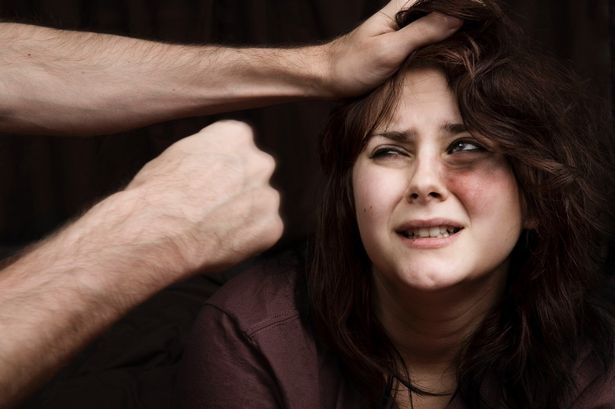The Secretary General of the United Nations, Antonio Guterres, has drawn the world’s attention to, what he terms as horrifying, surge in the cases of domestic violence directed towards women and girls because of COVID-19 lockdowns. Every third woman around the globe has experienced or is subjected to some form of domestic violence. It is estimated that less than forty percent of those women who face such violence seek help. The COVID-19 pandemic is putting unprecedented stress on essential services. Non-essential services are under lockdown. This leaves the victim women and girls with very little scope for redressal no matter how grave their suffering is. With rising joblessness and dwindling economic scenario, instances of domestic abuse of women and girls will rise even further. In India, the National Commission for Women has reported that it received greater number of complaints of domestic violence since the lockdown came into effect. These complaints have been received via emails. Several women and girls, especially in rural areas, have no access to emails and other channels to convey their plight anywhere under these extreme circumstances that the spread of COVID-19 created.
From increasing investment in online services and civil society organizations to scaling up public awareness campaigns, particularly those targeted at men and boys, the UN recommends a number of measures to reduce domestic violence in these trying times. Other recommendations include avoiding the release of prisoners convicted of violence against women in any form and declaring shelters for women victims as essential services. Creating safe ways for women to seek support and ensuring continuance of judicial systems to prosecute abusers are some other important recommendations. It is indeed important to adhere to all necessary measures to protect women and girls from one of the worst and most prevalent violations of women’s human rights in the form of domestic abuse. The concerned public institutions and authorities must ensure provision of necessary services and support to protect women and girls form domestic violence. Governments must explore new ways and efforts to make these services even stronger and more accessible.
Departments and Ministries for women in the Central Government and State Governments must assume leadership role for women in these difficult times. They need to ensure that all the institutions and authorities mandated to protect and promote the rights of women and girls deliver the desired. The National Commission for Women and all State Women Commissions must play a more strengthened role. One Stop Centres and Stri Shakti Kendras should be oriented and trained to promptly and adequately support the survivor women of domestic violence. The protection officers and other service providers appointed under the Protection of Women from Domestic Violence Act, 2005 must not be given any suggestion that they can have relaxed responsibilities under the Act because their services may be required elsewhere in the pandemic.
Legal Services Authorities at the National, State, District and Taluk (block) level, constituted through the Legal Services Authorities Act, 1987, are required to provide free legal aid and advice to women at all levels. With their vast reach and mandate, these authorities, with the support of guidelines of the National Legal Services Authority (NALSA), must ensure that their helplines and other channels are readied to encourage the victims to conveniently approach them. Legal services authorities need to explore ways to make their community connect and outreach more effective. Social media platforms for manageable jurisdictions at Taluk levels may be quite useful. Legal services authority at Taluk level and their para legal volunteers can help with the required outreach and connect with the victims. NALSA will need to have new strategies in place to administer and monitor provision of legal help to the victim women and girls given the new protocol of social distancing. NALSA has a mandate emanating from the Act to work with law school clinics and it must explore the potential of this provision to its fullest in making its outreach and services more effective.
Law school clinics too will need to play a greater role in linking the victim seekers of support to various institutions and authorities and supporting their cases until their logical conclusion. With their unique role of providing avenues of practical learning and contributing to social justice, law school clinics have immense potential to support legal services authorities and other institutions and service providers in the provision of their services to the women survivors of domestic violence especially in rural areas. Every law school or college in India is required to have a functional legal clinic. These clinics together with civil society organisations can bring a much desired paradigm shift in victim support and justice. They have a challenge as well as opportunity to demonstrate how they can rise up to the occasion. They have to reimagine their interventions for legal aid and social justice with newer methods of communication and stakeholder outreach efforts particularly the communities. They will need to coordinate with their community volunteers with greater emphasis on telephone calls, whatsapp messaging, and such other communication platforms. This will help them in carrying out their initiatives effectively while working within the framework of social distancing. Law school clinics must not suspend their community outreach work due to the pandemic rather they need to strengthen it further in these difficult times. Moving forward with these learnings, law schools will need to develop new tools and methods in their pedagogy to teach and train legal professionals who would readily adapt and respond to unforeseen challenges.
The author is a Professor in Jindal Global Law School and a Member of the National Legal Services Authority. Views in the article may not necessarily reflect those of the institutions the author is associated with.


